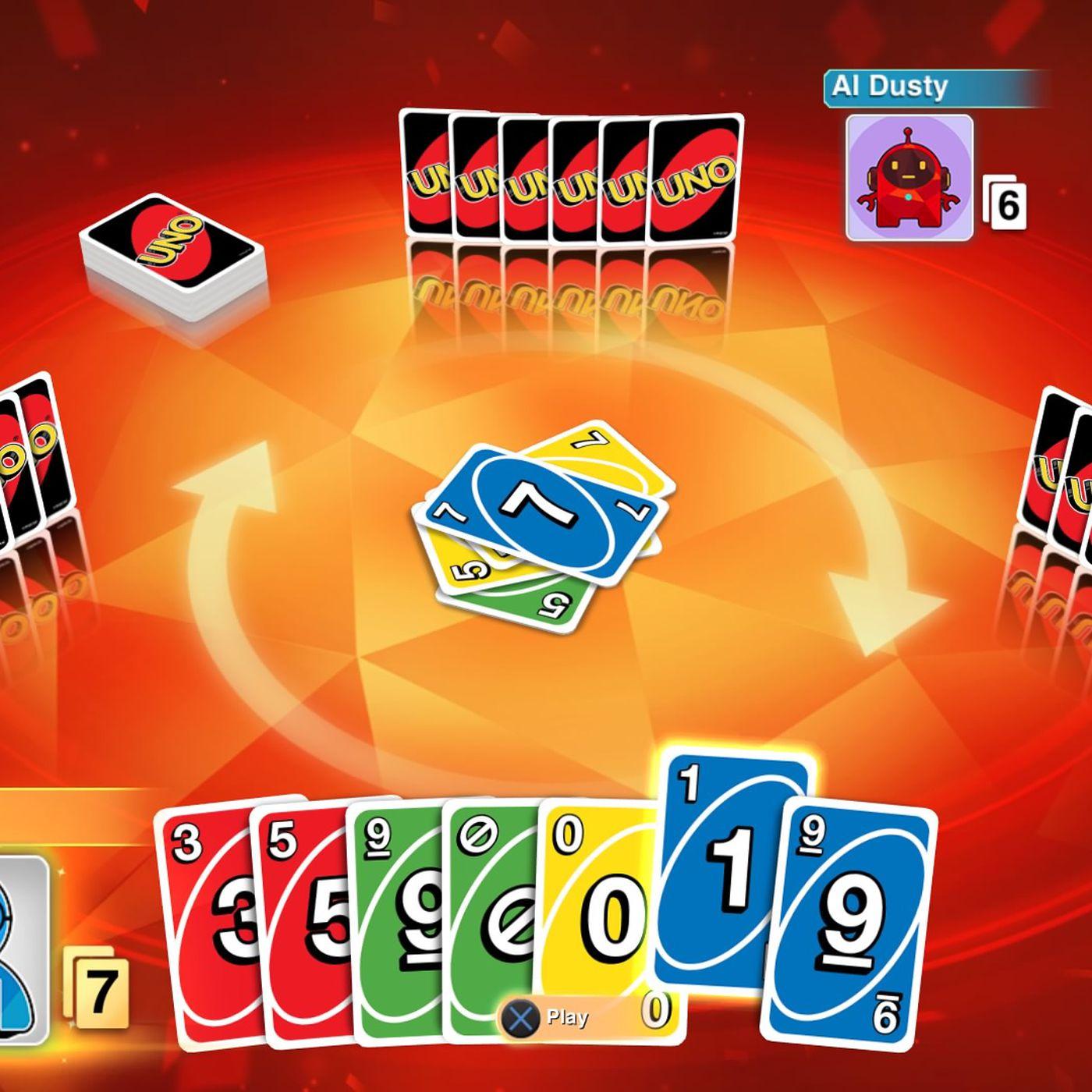Target Audience: Gamers, Game Designers, and Mental Health Professionals
Game Name: Online UNO
Game’s Creator: Merle Robbins (original UNO), various online platforms
Platform: Mobile and web-based platforms
Thesis
Online UNO, with its coin-betting system, introduces gambling elements that exploit probability and randomness, potentially putting players at risk for addiction. This system, designed to enhance engagement and excitement, can lead to addictive behavior similar to that seen in traditional gambling games like slots and poker.
Central Argument
Online UNO’s coin-betting system enhances player engagement but also introduces the risk of gambling addiction. By examining the game’s design, its use of probability, and comparing it to other games of chance, we can understand how randomness contributes to addictive behavior.
Analysis
Game Mechanics and Design
Online UNO incorporates a coin system where players can bet their coins in matches, aiming to win more through successful gameplay. This mechanism introduces a gambling element, where the outcome is partly determined by chance and partly by skill. The thrill of potentially doubling their coins or the fear of losing them keeps players engaged.
Probability and Randomness
The design of Online UNO capitalizes on the unpredictability of card draws and player moves. Each match’s outcome depends heavily on the shuffle of the deck, mimicking the randomness found in slot machines and poker. According to the article “Designing Chance: Addition by Design,” such randomness can create a compelling user experience that keeps players hooked.
Comparison to Other Games
Unlike poker, where players can develop skills to read opponents and make strategic decisions, Online UNO relies more on chance. However, like poker, players often attribute their success or failure to skill, even when luck plays a significant role. This misattribution can reinforce the belief that they can control the outcome, similar to the “gambler’s fallacy” seen in slot machine players.
Addiction Risks
The coin-betting system in Online UNO engages players by promising rewards while simultaneously risking loss. This risk-reward cycle can lead to addictive behavior, as players chase wins to recover losses or capitalize on perceived lucky streaks. The sensation of winning coins releases dopamine, creating a rewarding experience that players seek to replicate.
My Experience Playing Online UNO
During my gameplay sessions, I found myself drawn to the coin-betting feature. I started with a small number of coins and quickly became invested in increasing my stash. The excitement of winning more coins after a successful match was exhilarating. However, after a few losses, I noticed a change in my behavior. I began playing more aggressively, convinced that I could win back my lost coins. This mirrors the experience described in “Designing Chance: Addition by Design,” where the randomness and the hope of a big win keep players engaged.
One particular game stood out. I had a significant lead but lost due to an unexpected wild card play by my opponent. Frustrated, I immediately joined another game, determined to recover my lost coins. This cycle continued, and I realized how easily one could fall into addictive patterns.
Learning and Integration of Course Content
Formal Elements and MDA Framework
From a game design perspective, Online UNO’s incorporation of betting mechanics enhances its dynamics and aesthetics, making the experience more thrilling. The Mechanics-Dynamics-Aesthetics (MDA) framework explains how these elements interact to create engaging gameplay. However, this design also has the potential to lead to harmful behaviors.
Critique and Improvement Suggestions
To mitigate the risk of addiction, game designers could implement features such as:
- Daily Coin Limits: Limiting the amount players can bet daily to reduce excessive gambling.
- Loss Tracking and Alerts: Providing players with alerts when they experience significant losses to encourage responsible play.
- Non-monetary Rewards: Offering rewards that are not tied to betting, such as achievements or cosmetic upgrades, to decrease reliance on the gambling aspect.
Comparison to Traditional Gambling
Traditional gambling games like poker and slots heavily rely on chance, but poker also includes a significant skill component. Online UNO’s primary reliance on luck, combined with the betting system, places it closer to slot machines in terms of addiction risk. Both games exploit the randomness and uncertainty to keep players engaged.
Conclusion
Online UNO’s coin-betting system introduces a gambling element that, while engaging, poses significant addiction risks. By understanding the mechanics of probability and randomness in game design, and comparing it to other games of chance, we can see how these elements can lead to addictive behavior. Implementing responsible design practices can help mitigate these risks and create a safer gaming environment.
As a student, this exploration has been eye-opening, highlighting the thin line between engaging game design and potential addiction. Understanding these dynamics is crucial for creating games that are both enjoyable and safe for players.



